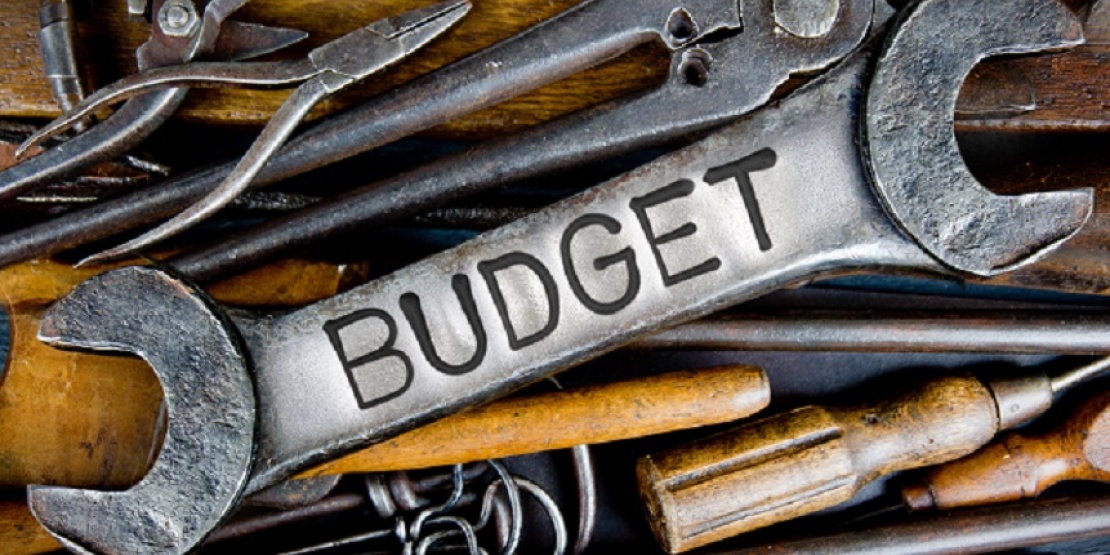Looking at "unscheduled purchases" with the Total Cost of Ownership in mind is very revealing. However, if we consider all of the associated costs, these purchases, though often considered trivial, are a potential source of hidden savings. Let's have a look at a simple but common examples with the adjustable wrench.
"Unscheduled purchases" you say?
Unscheduled purchases, ad hoc purchases—their names reveal their nature. Purchasing departments have no control over these purchases as they are made outside of the buying process and often as a matter of urgency. This type of purchase might include tools, office supplies or industrial products. Scattered across various company departments, these purchases incur considerable, yet unknown, operating costs.
The unscheduled purchasing scenario
A common example is a technician who needs an adjustable wrench quickly in order to repair a machine. He looks at the listed supplier's online catalogue as well as sites for general B2C companies located nearby. The first sells a product costing €17.50 (£15,32), while the second offers an attractive price of €9.90 (£8,67).
The technician logically decides to go for the less expensive product. He gets in his car and quickly goes to the shop to buy the wrench. When he returns, he sends his expenses form to the accounts department. This sounds like he got a good deal.
88% of the TCO is made up of hidden costs
On the surface, this is a good deal. However, in practice, it is not. In reality, the real costs incurred for this purchase are less encouraging:
- Labour costs: €22 (£19,26)
In the end, our technician spent an hour browsing the websites of nearby stores and making the return trip to the shop to buy the product. The labour cost is therefore equivalent to a technician's average hourly rate, equivalent to €22 (£19,26) (including charges).
- Transport cost: €5 (£4,38)
The technician will also claim his mileage. As he travelled 10 kilometres to make this purchase and the average mileage allowance is €0.50 (£0,44)/kilometre, the transport cost amounts to €5 (£4,38).
- Administration costs associated with the expenses form: €53 (£46,41)
An employee from the accounting department has to process the expenses form submitted by the technician.On average, processing an expenses form takes 20 minutes and costs €53* (£46,41). This does not take into account that the average error risk associated with this process is 19% and that it can cost up to €48 (£42,03) to correct it.
Altogether, the indirect costs come to no less than €80 (£70,05) (if the expenses form is processed correctly), the same as a return flight from Paris to Rome with a low-cost airline. In relation to the purchase price of the product (€9.90/£8,67), these hidden costs account for 88% of the total acquisition cost.
The aim of listing suppliers is to reduce these hidden costs, which not everybody is aware of. Companies are beginning to see that "unscheduled purchases" represent a potential source of savings and some are taking actions to control them. There are many ways to create a good partnership between purchasing departments and their supplier, such as introducing a supplier contract and raising awareness among internal customers to encourage them to get on board.
*Study by the GBTA Foundation and HRS









